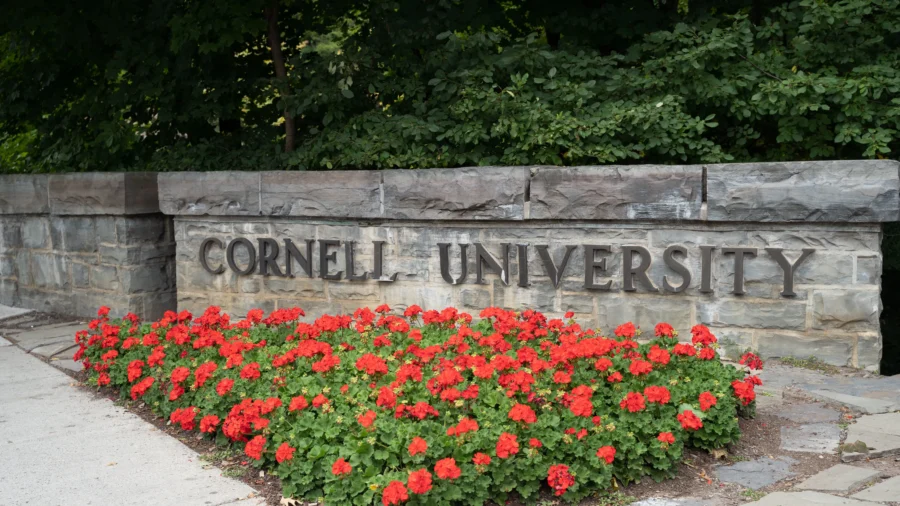The resignation of Cornell University President Martha Pollack has led to speculation about whether it is related to recent pro-Hamas protests on campus.
The university announced Thursday that Ms. Pollack would retire on June 30 after serving as president for seven years.
“Serving as the president of Cornell has been an amazing privilege; there are few roles that afford so much opportunity to make a positive difference in the world,” Ms. Pollack said in the written statement. “After seven fruitful and gratifying years as Cornell’s president—capping a career in research and academia spanning five decades—I’m ready for a new chapter in my life. I greatly appreciate the continued support of our Board of Trustees and the many faculty, students, staff, and alumni who have shared words of encouragement through my time as president, especially over the past academic year.”
Ms. Pollack is the third female university president to step down since December.
Both Harvard President Claudine Gay and University of Pennsylvania President Liz Magill resigned after testifying before Congress and making statements and omissions considered anti-Semitic.
Ms. Pollack said she had been contemplating retirement since the fall, and had made her decision over the December break.
The tumult on U.S. college campuses actually delayed her retirement announcement, she said.
“Three times, as I was ready to act on it, I had to pause because of events on our and/or on other campuses,” Ms. Pollack said. “But continued delay is not in the university’s best interests, both because of the need to have sufficient time for a smooth transition before the start of the coming academic year, and because I do not want my announcement to interfere with the celebration of our newest graduates at Commencement in just a few weeks.”
“There is so much more to Cornell than the current turmoil taking place at universities across the country right now, and I hope we do not lose sight of that,” she added.
Cornell students formed an encampment in late April after more than a month of pro-Hamas protests. The university suspended some students over the protests a few days after the tents went up.
Ms. Pollack called the protests “disruptive” in an op-ed in the Cornell Sun with Provost Michael Kotlikoff, who will take over as interim president on July 1.
She stated that her decision didn’t have anything to do with the protests.
“I understand that there will be lots of speculation about my decision, so let me be as clear as I can: This decision is mine and mine alone,” Ms. Pollack said.
Ms. Pollack’s statement described a number of significant accomplishments at Cornell under her tenure.
The Jeb E. Brooks School of Public Policy was created during her time as president, according to the statement. External research expanded by almost 50 percent, and new interdisciplinary programs were launched in digital agriculture, urban technologies, and other areas. A new computer and information science building was also built during that time.
Ms. Pollack also touted greater affordability during her tenure, as well as higher eCornell online enrollment and the university’s COVID-19 response—which saw students back on campus in fall 2020 with social distancing, testing, and virtual options.
“President Pollack has been a transformational leader of Cornell, and her positive impact on our university will be felt for decades to come,” said chair of the Cornell board of trustees, Kraig H. Kayser. “Beyond her achievements in academics, research, and affordability, I and my fellow trustees deeply value her intelligence, integrity, candor, and warmth, as well as her unwavering commitment to Cornell being a community of belonging.”

